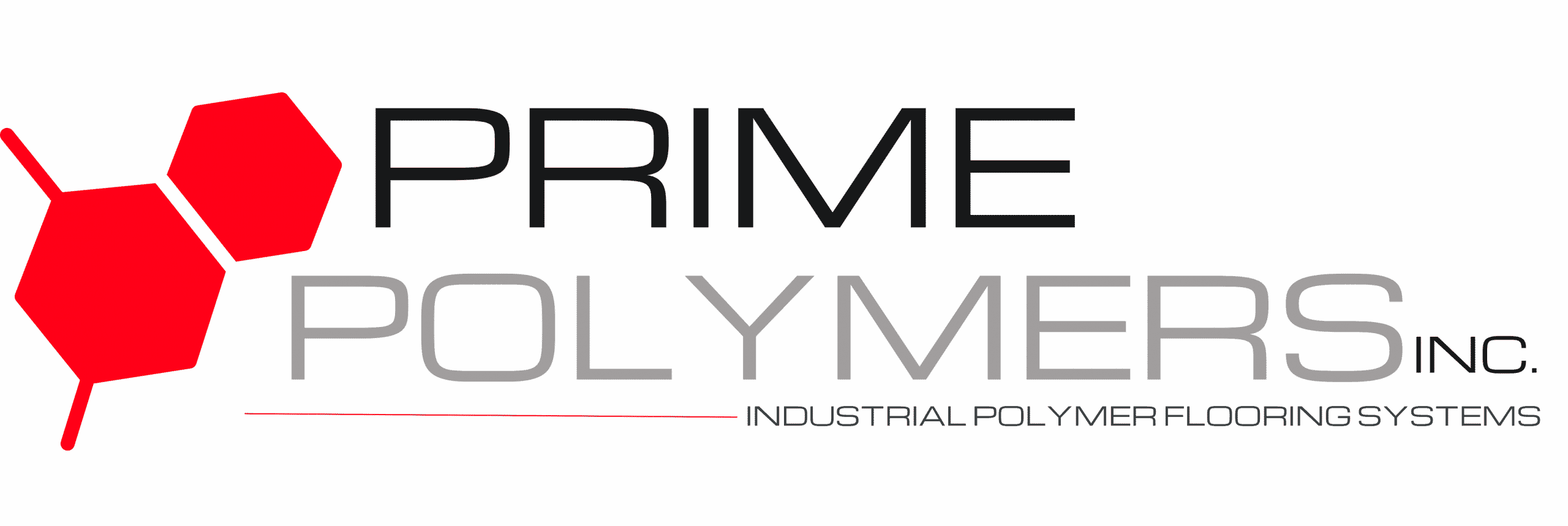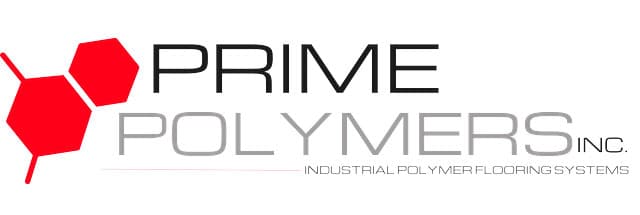Chemical Resistant Floor Coating
What Does Chemical Resistance Mean?
Chemical resistant flooring has the strength of material necessary to protect against a chemical spill or solvent reaction. Chemical resistance describes the extent a material can maintain its resistance to harsh chemicals.
A chemical resistance chart (shown below} may be used to see the relative resistance of materials.
As a value engineering manufacturer and installer of chemical resistant flooring, we can tailor a product to suit your specific floor surface requirements.
Chemical Resistant Flooring Protection
A material with high chemical resistance is far less susceptible to corrosion. A typical material with a low chemical resistance generally results in swelling or softening of the flooring material, and the material loses serviceability. There are several layers of protection chemical resistant flooring offers.
Temperature
Chemically resistant epoxy-coated concrete floors perform well under a range of temperatures, including extremely high and low temperatures. It’s important to understand how temperature fluctuations may affect floor material’s resistance to chemicals. Some materials may become more vulnerable to chemical attack at higher temperatures, while others may degrade in freezing conditions.
Concentration of Chemicals
Epoxy coated floors have the ability to withstand chemicals at varying concentrations, giving protection in real-world environments. Different concentrations of chemicals will have varying corrosive effects. Ensuring resistance across a spectrum of concentrations will help protect a floors’ integrity and longevity.
Exposure Duration
A chemical spill on a floor may not be readily apparent, and as such the duration of exposure to the chemicals may be high Chemically resistant epoxy-coated floors hold up well under various exposure durations, including instances of high exposure. Being prepared for short-term chemical spills, or prolonged contact with hazardous substances is critically important. Flooring that is not chemically resistant may withstand brief exposure but deteriorate when chemicals are left in contact for extended periods.
Chemical Type
Flooring needs to be resistant to a diverse range of chemicals commonly used in your industry. Chemical resistant epoxy floor coating offers superior strength against acids, bases, solvents, oils, and other types of corrosive substances.
pH Levels
Industrial and commercial flooring should have the ability to resist chemicals with varying pH levels, as some substances can be highly acidic or alkaline. The ability to protect against the affects of pH on a material’s integrity is crucial, as pH can greatly impact chemical reactivity.
Compatibility
Compatibility between a floor and the specific chemicals they may encounter on a day-to-day basis is paramount. Materials may react adversely with certain chemicals, leading to degradation, weakening, or even dangerous reactions.
Wear and Tear
Consider what impact mechanical loads, such as heavy equipment, light traffic, and foot traffic will have on chemically resistant floor coatings. Mechanical stress can exacerbate chemical damage, so it’s vital to have flooring that withstands real-world conditions.
Cleaning and Maintenance
Epoxy coating will withstand the cleaning processes and chemicals typically used for floor maintenance. It is vital to ensure the chemicals used in your cleaning products do not compromise your floor’s longevity.
Containment Coating Systems
Secondary containment coating systems are used to prevent chemical spills from spreading. Our floor coatings offer a perfect solution for industrial applications where a protective barrier is necessary. Secondary containment coating systems are essential and practical, especially when hazardous chemicals are handled within a facility. Secondary containment coatings can be applied over a facility floor.
Prime Polymers’ full line of chemical resistant flooring will prevent damage from exposure to corrosive chemicals. Additionally, our high performance chemical resistant flooring systems will help to ensure your facility, employees, visitors and equipment remain safe.
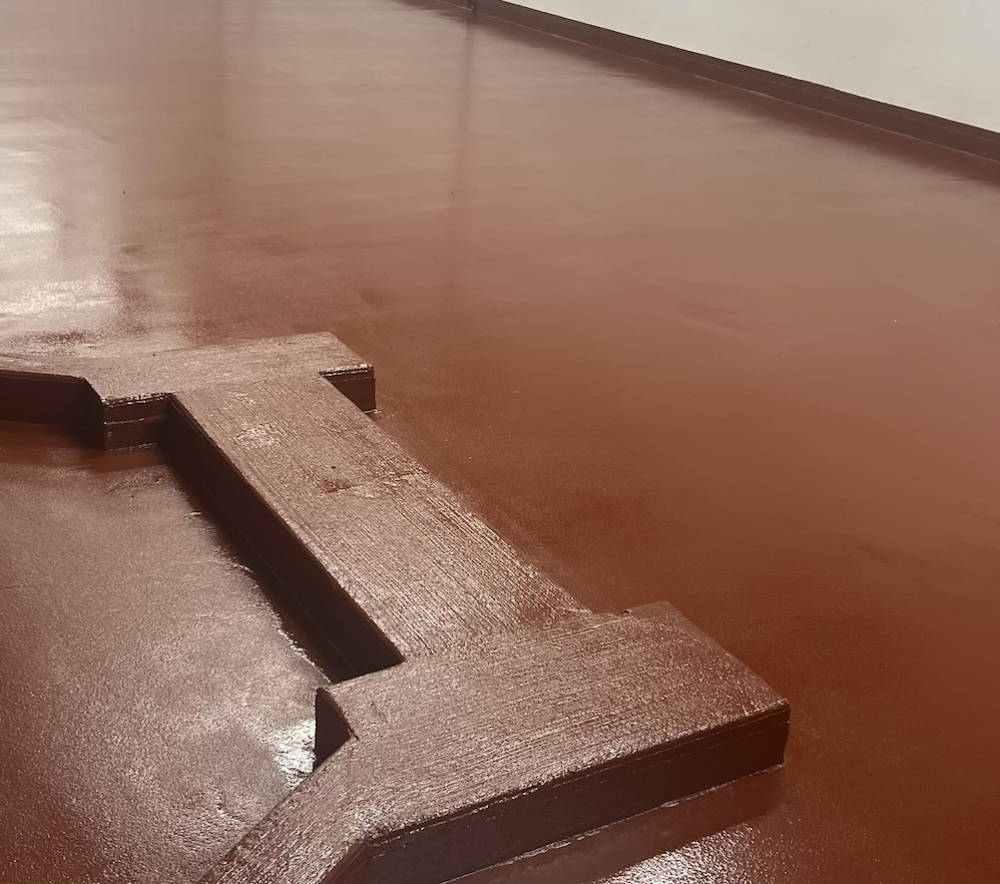
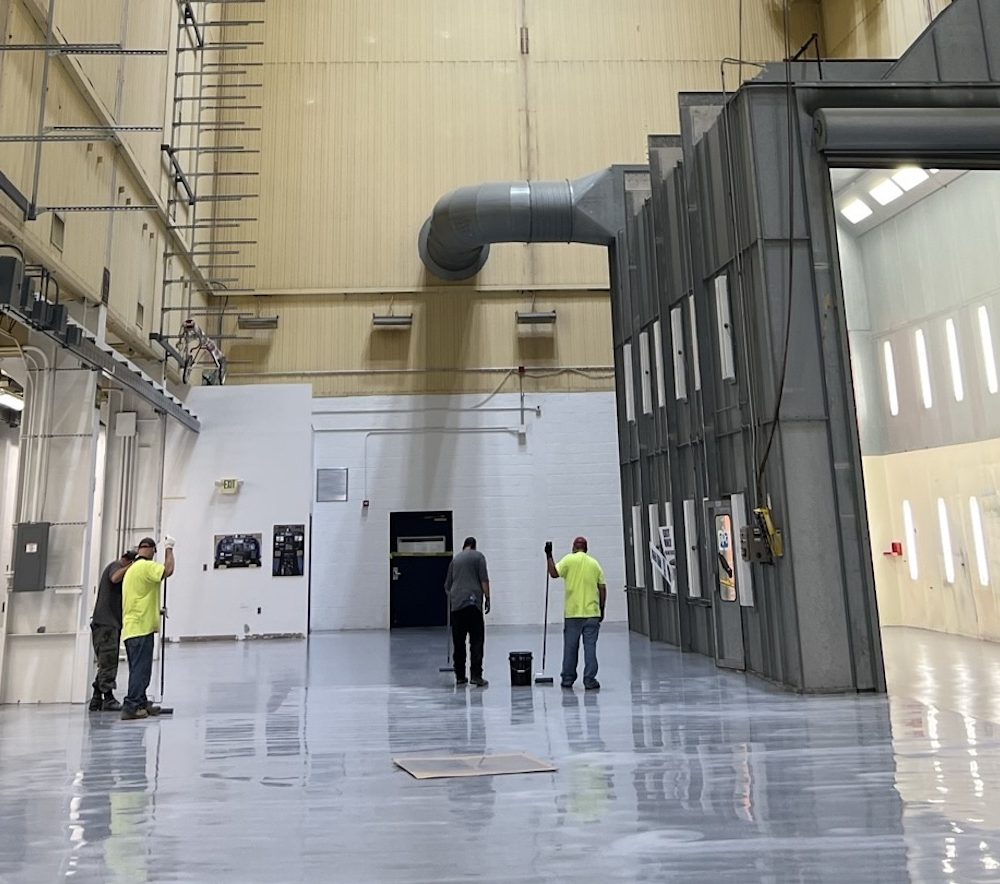
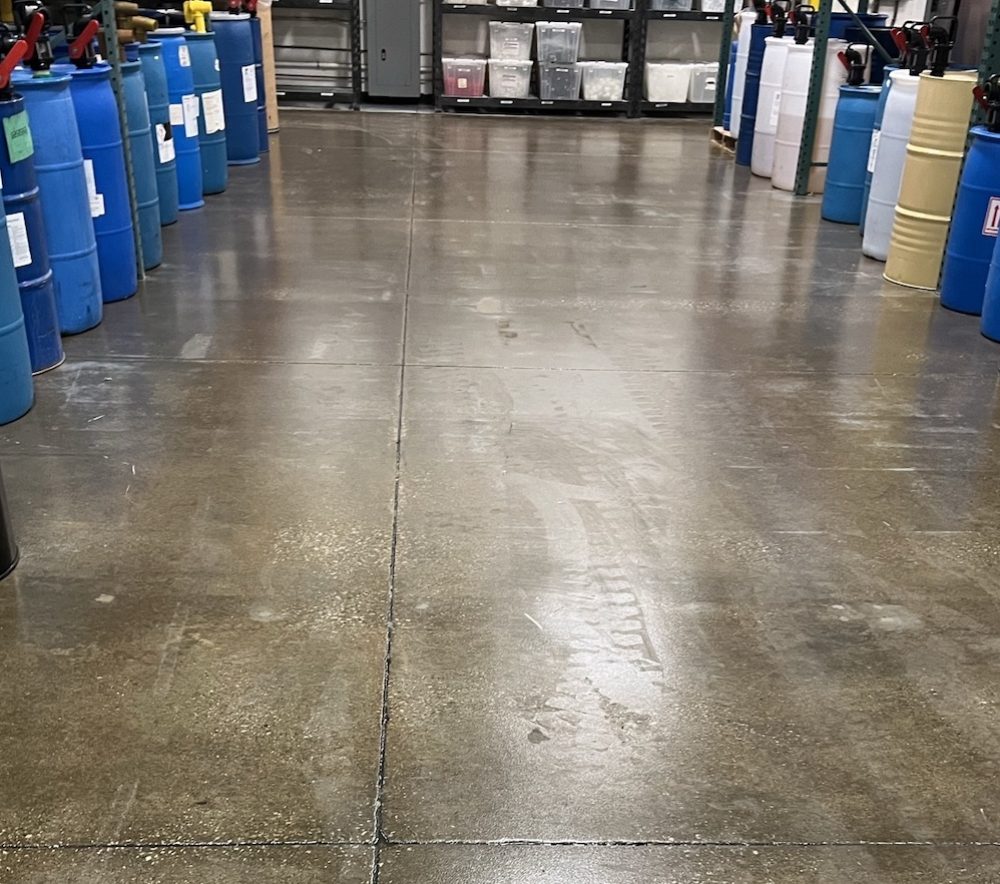
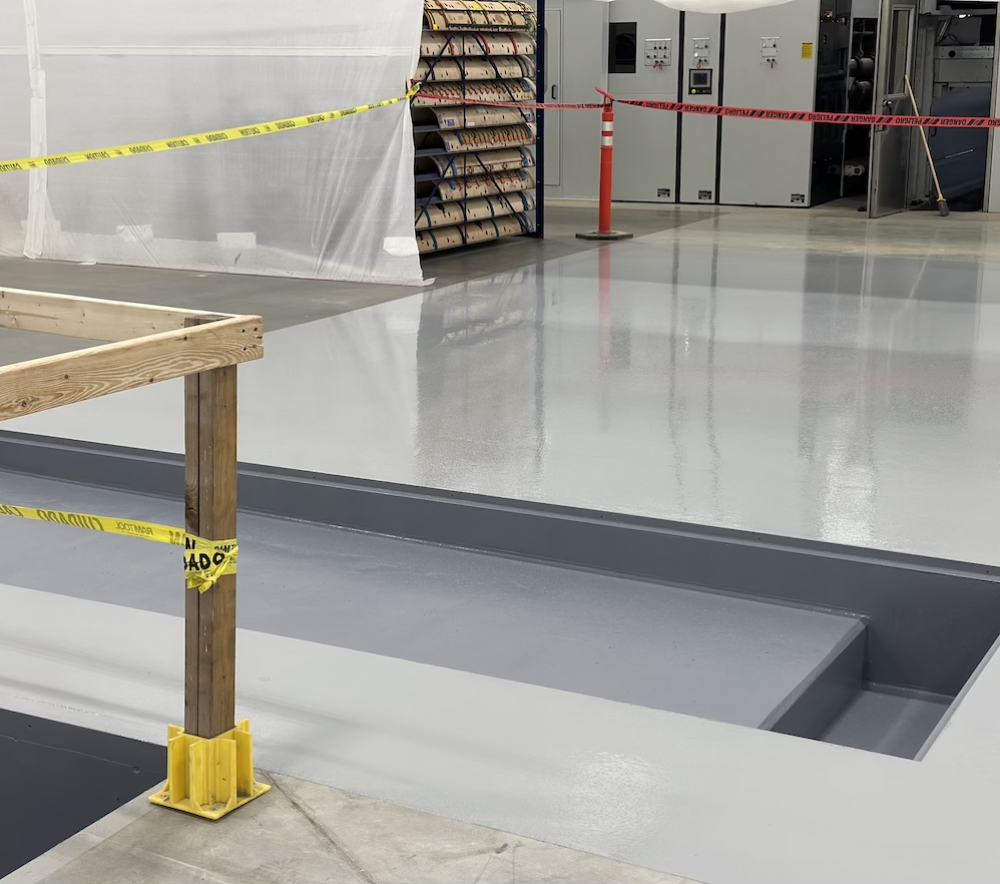
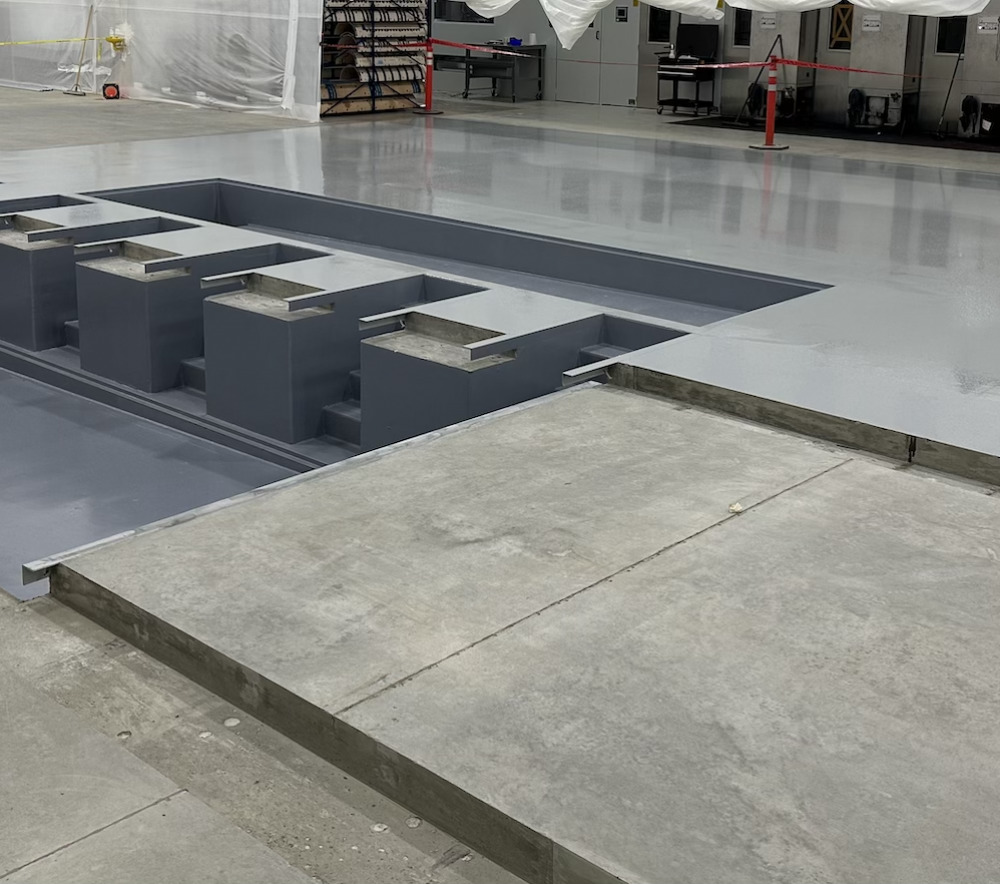
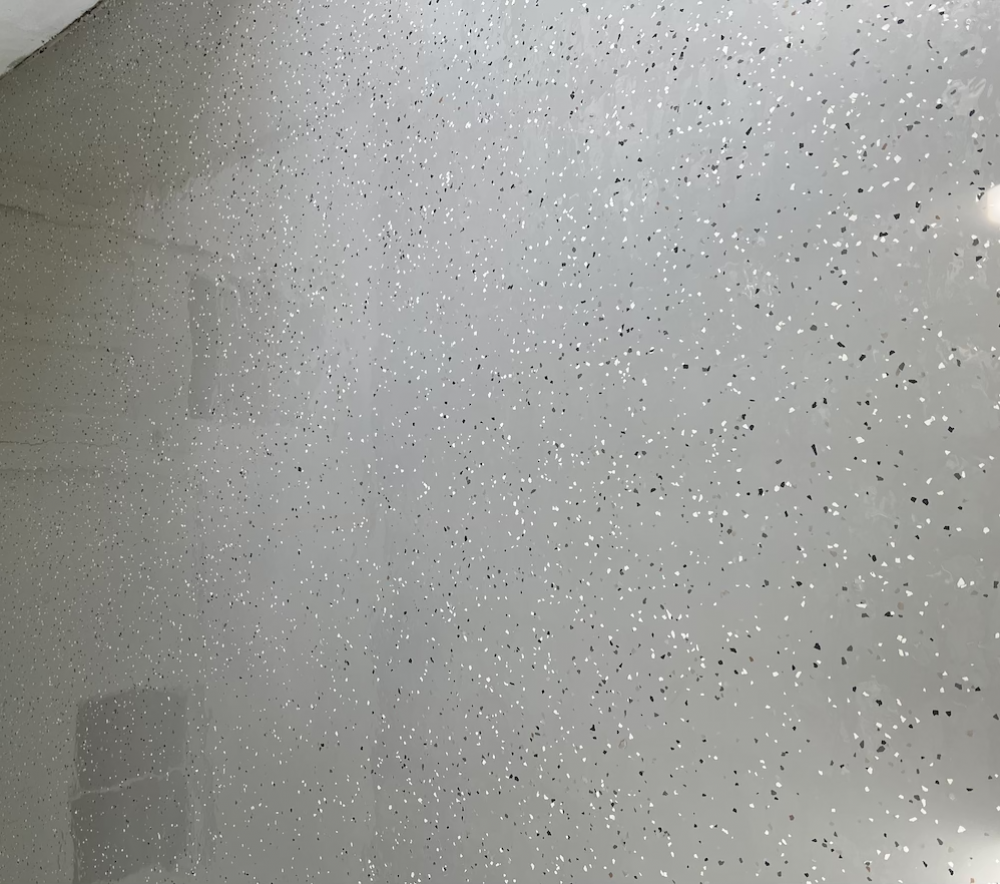
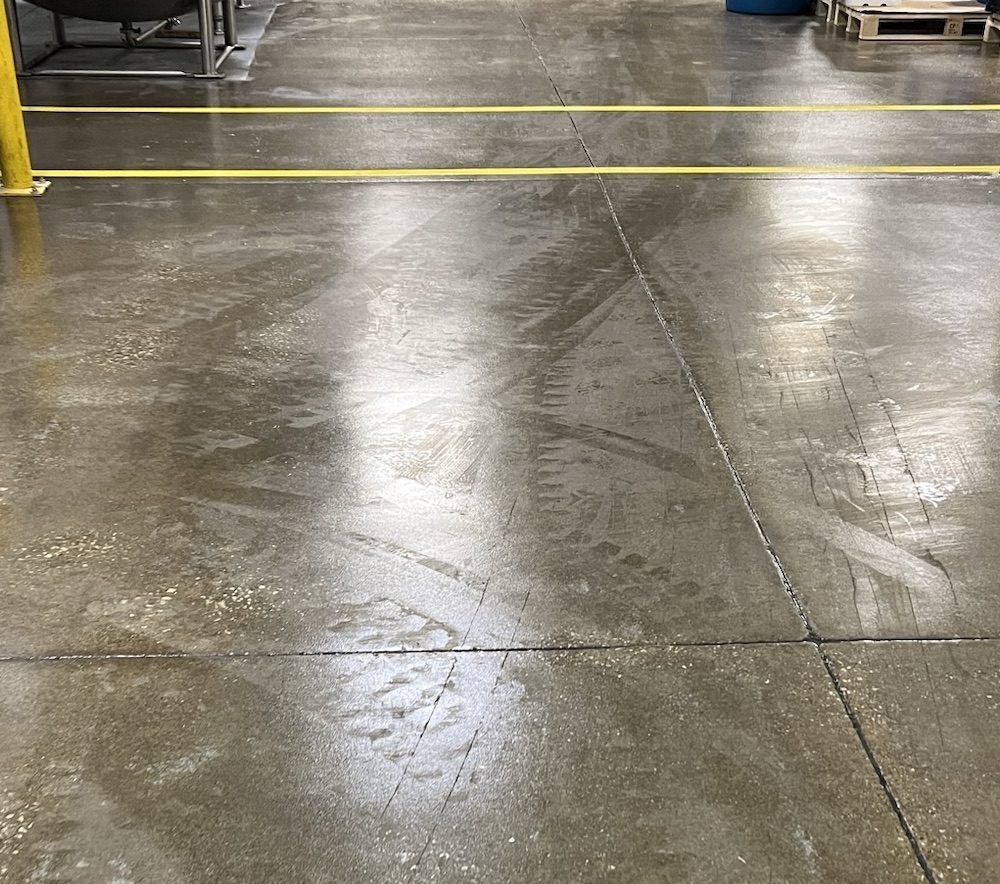
Industries That Benefit From Chemical Resistant Epoxy Flooring
Every Prime Polymer flooring system yields some kind of protection against chemical damage. The industrial flooring experts at Prime Polymers will work with you to determine the best chemical resistant flooring system to install within your budget. Industries include:
- Manufacturing: Manufacturing facilities require a robust and dependable flooring solution that can withstand the rigors of heavy machinery and potential spills. Chemical resistant epoxy flooring not only ensures a safe working environment, but also provides durability and longevity. Our floor coating solutions can withstand the combined weight of heavy equipment while protecting against acid exposure and abrasion.
- Chemical Processing: In the chemical processing industry, handling and production of corrosive chemicals is commonplace and therefore, incorporating chemical resistant epoxy flooring is crucial. Chemical resistant floor coating serves as a protective barrier against chemical damage, ensuring both safety and longevity of your facility’s infrastructure. The fast cure process of our epoxy flooring ensures it bonds securely to the substrate, making it a reliable choice for any requirement.
- Pharmaceuticals: Pharmaceutical companies demand high standards of hygiene and safety. Epoxy floor coating is a top choice because it can create a clean and sterile environment, making it ideal for pharmaceutical manufacturing and research facilities.
- Laboratories: Labs often work with chemicals when conducting research and experiments, so they rely on chemical resistant flooring to safeguard against accidental spills. Its chemical resistance and easy maintenance help to maintain a safe and functional workspace.
- Food and Beverage: Food and beverage production facilities require flooring that is easy to clean, and resists the corrosive effects of food ingredients and cleaning agents. Chemical resistant epoxy flooring is a preferred choice to meet these stringent requirements.
- Automotive: Garages and repair shops benefit from chemical resistant floor coating because if its resistance to oil, grease, and other automotive fluids. Floor coatings not only ensure a safe work environment, but also enhances the appearance of any facility.
- Electronics Manufacturing: In the electronics industry, where sensitive equipment is exposed to potentially harmful chemicals, chemical resistant epoxy flooring is used to protect both the equipment and the workforce. The epoxy coating prevents chemical damage, and maintains a controlled environment.
- Aerospace: Aerospace manufacturing and maintenance facilities work with various chemicals and large equipment. Chemical resistant epoxy flooring provides protection against spills and ensures the integrity of the facility’s infrastructure. Its ability to withstand the combined weight of aerospace machinery is vital for safety.
- Healthcare: Hospitals, clinics, and medical facilities prioritize hygiene and cleanliness. Epoxy flooring is chosen for its easy maintenance, and the ability to create a sterile environment that meets stringent healthcare standards.
- Warehousing: Warehouses that store chemicals and hazardous materials need chemical resistant floor coating systems that can withstand chemical spills and provide secondary containment.
Our installation teams will ensure the job is completed to your utmost satisfaction with as little down time as possible.
If your facility could use chemical resistant floor coating from a highly experience team of flooring experts, give Prime Polymers a call today!
